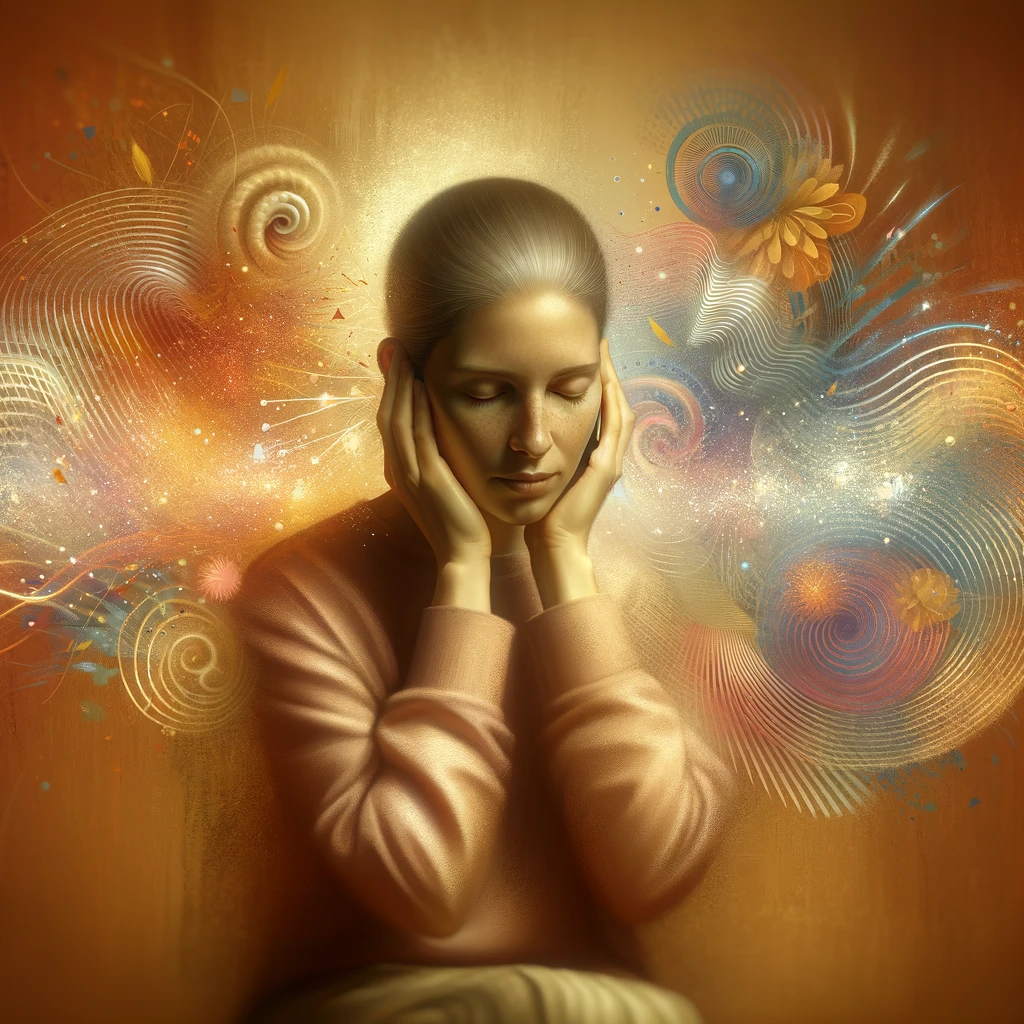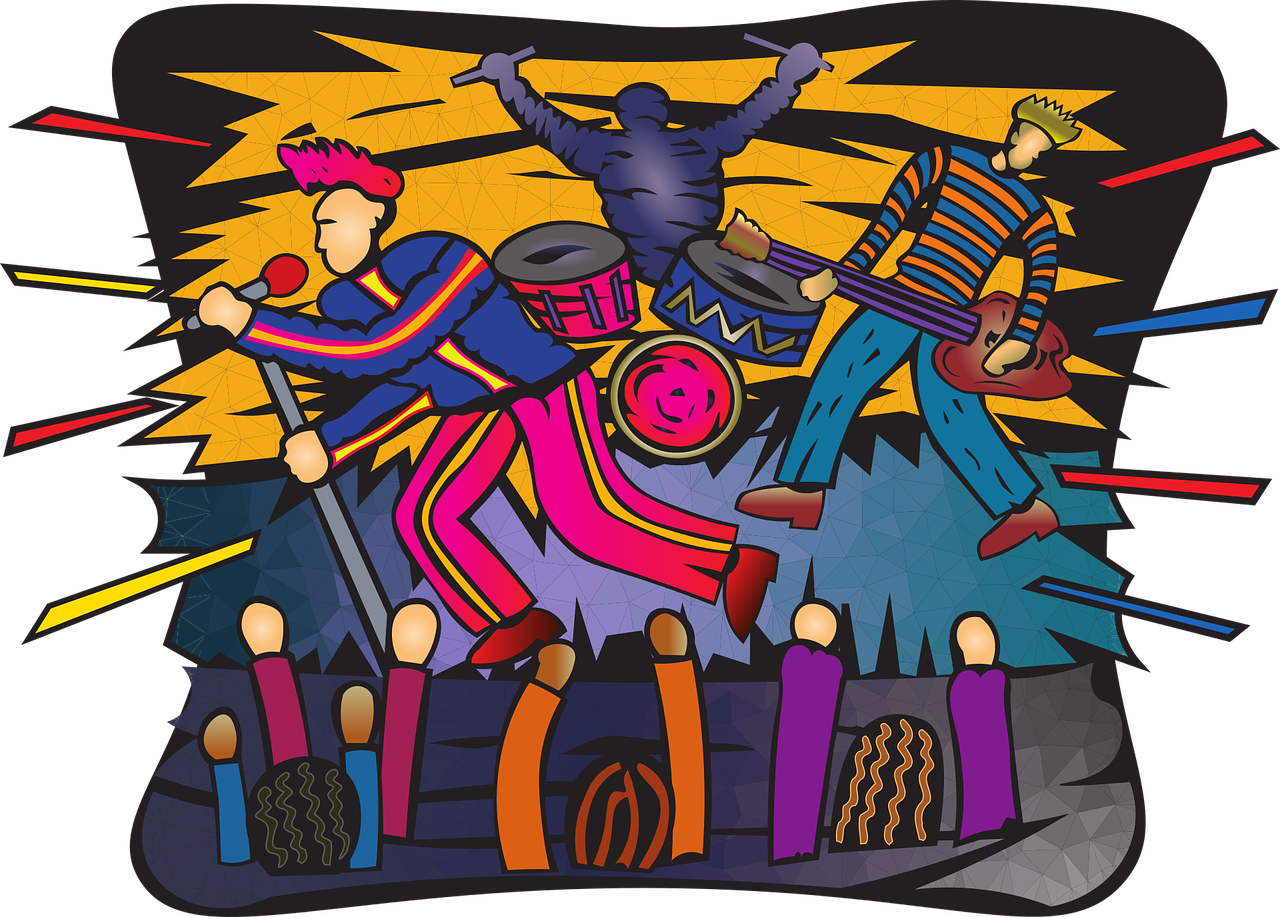Navigating RSD and Depression: A Guide for Women with ADHD
How Rejection Sensitivity Dysphoria Can Lead to Depression—and Why Self-Compassion is Key to Healing

In my practice, I often help clients recognize the link between Rejection Sensitivity Dysphoria (RSD) and depression. RSD is the intense emotional pain triggered by feelings of rejection, criticism, or teasing. This sensitivity to rejection is often closely connected to depression in ADHD, with research showing that people with ADHD are more likely to experience depression related to RSD. Recognizing this connection can be key to understanding and managing both RSD and depressive symptoms.
Understanding How RSD Can Turn into Depression: The Role of Stress
RSD episodes can bring on emotions that feel overwhelming, causing a strong sense of pain or failure. Over time, these intense feelings can lead to chronic stress, especially when RSD episodes happen often without much recovery time in between. The tension builds up, making it harder to handle new situations or bounce back from setbacks, making you more vulnerable to depression.
After a while, this cycle can make you feel even worse about yourself. You might start to believe that you’re always “not enough” or that others see you negatively, which can lead to feelings of hopelessness. Often, to avoid the pain of rejection, you may pull away from friends or family, lose interest in things you usually enjoy, or isolate yourself more and more. Unfortunately, this isolation can increase feelings of loneliness, which only deepens the sadness.
Physical symptoms of stress, like changes in sleep, appetite, or energy, may also show up, making it even harder to manage emotions.
Recognizing the Early Warning Signs of Depression
Recognizing when RSD is escalating into depression is crucial for early intervention. Persistent feelings of sadness, emptiness, or frustration lasting beyond a typical RSD episode or daily negative self-talk that continues afterward may indicate depression. Difficulty focusing due to negative thoughts or finding it hard to make decisions for days following an RSD episode can also be warning signs.
Behavioral changes, like avoiding social interactions or letting responsibilities slip, are also clues. Physical symptoms of depression, such as feeling constantly tired, having trouble sleeping, or experiencing changes in appetite, can further confirm that RSD is having a more profound effect on your well-being.
Identifying Common Triggers
Specific triggers can intensify RSD and bring it closer to depression. Critical feedback, especially from family members or loved ones, can feel especially painful, particularly if they don’t fully understand RSD or ADHD. Feeling isolated or lacking a sense of support from those around you can also deepen the effects of RSD, making you feel more alone in your experience.
When multiple stressors—like work pressures, relationship struggles, or health concerns—happen at once, they can create an emotional overload, which can make managing RSD feel even harder and lead more quickly to depression.
Practical Strategies to Prevent RSD-Induced Depression
It’s possible to take steps to reduce the impact of RSD and prevent it from leading to depression. Some of these are things ADHD women need to do to be resilient. Building self-compassion, managing stress, and reaching out to people who understand your experience can help you find more balance. Here are some practical strategies to help:
1. Practice Self-Compassion
Self-compassion means treating yourself with the same kindness you would offer a close friend. It helps to remember that everyone struggles and no one is perfect. Practicing self-compassion can help break cycles of self-criticism and build a more supportive inner voice.
To develop self-compassion:
- Be Mindful: Notice your emotions without judging yourself. Simply allow yourself to feel what you’re feeling.
- Show Kindness to Yourself: Replace harsh self-talk with supportive and gentle words.
- Remember Common Humanity: You are not alone; everyone experiences rejection and self-doubt from time to time.
Building self-compassion can reduce the emotional impact of RSD and make you feel more resilient overall.
2. Manage Stress
Reducing stress can lessen the frequency and intensity of RSD episodes. Journaling can help you track triggers while paying attention to physical signs, like muscle tension or a racing heart, which can remind you to pause and reset.
Try these stress-reduction techniques:
- Mindfulness Meditation: Focus on the present moment rather than dwelling on the past or future.
- Deep Breathing: Taking slow, deep breaths can help calm your mind and body.
- Get Moving: Exercise can boost your mood and help release stress naturally.
Time management, setting realistic goals, and taking breaks can also keep stress from piling up.
3. Strengthen Social Connections
Building supportive relationships is one of the best ways to manage RSD. Being around people who accept you and who try to understand your experience can reduce the fear of rejection. Joining a group for adults with ADHD can help you feel more connected and understood.
To build strong connections:
- Express Your Needs: Let friends and family know how you feel and what kind of support helps.
- Educate Those Around You: Share information about RSD so that loved ones can understand it better.
4. Create Healthy Coping Mechanisms
Healthy coping mechanisms, like challenging negative thoughts or practicing daily affirmations, can give you stronger control over RSD episodes. Activities you enjoy, like hobbies, creative outlets, or self-care practices such as yoga, can also help manage emotional ups and downs.
Consider keeping a list of activities that make you feel good, so you have go-to options when you start to feel overwhelmed.
5. Consider Professional Support
When RSD symptoms begin to affect your well-being in more lasting ways, reaching out for professional support can be invaluable. Talking with a counselor or therapist can provide tools for managing RSD more effectively. A psychiatrist can also advise on whether medication might be helpful, especially for regulating mood and emotional responses.
Breaking the Cycle of RSD and Depression
Understanding how RSD and depression feed into each other can help you take control of this cycle. For many, early experiences of rejection or self-doubt can carry over into adulthood. Working with a professional to address these past experiences can reduce the impact they have today. Noticing how RSD and depression can create a self-perpetuating loop is the first step to breaking free. By applying strategies early, you can reduce the intensity of RSD episodes and create more emotional balance in your life.
Conclusion
Understanding how RSD can lead to depression empowers you to take action for better emotional health. Self-compassion, stress management, and building supportive connections are powerful tools to help build resilience.
More pages on my website
Helping someone you love with RSD
Resources for Support and Further Information
ADHD and RSD Support Groups
- CHADD: Offers resources, support networks, and educational materials.
- ADDA: Webinars and support groups for adults with ADHD.
Finding a Mental Health Professional
- Psychology Today: A directory to find therapists specializing in ADHD and RSD.
Educational Materials




